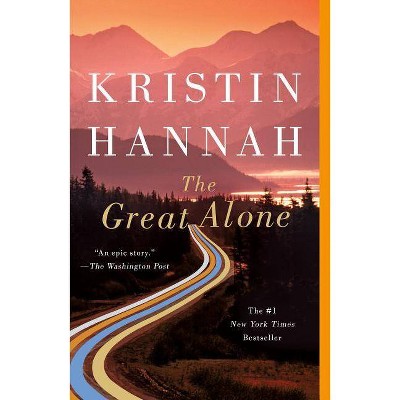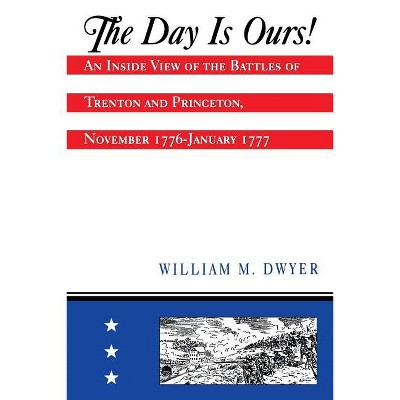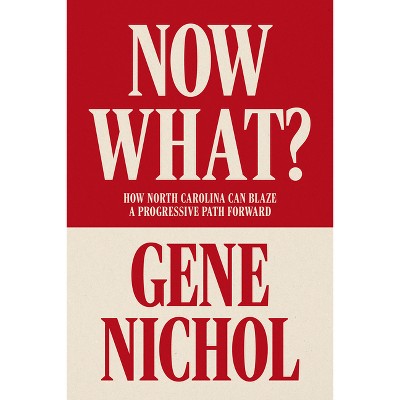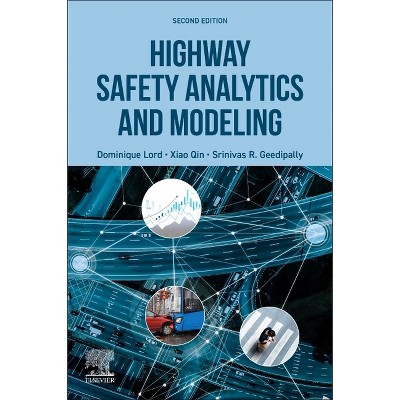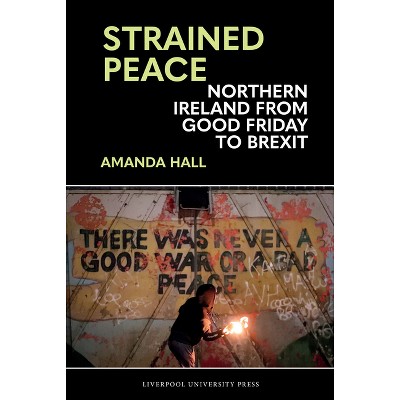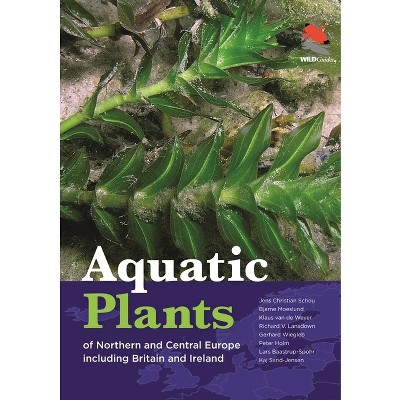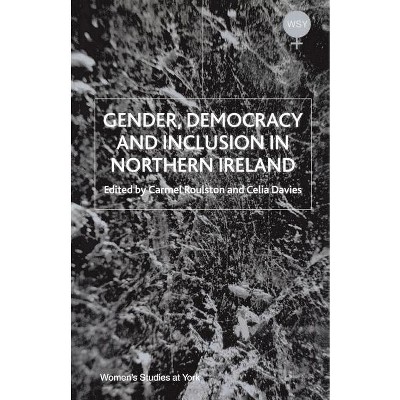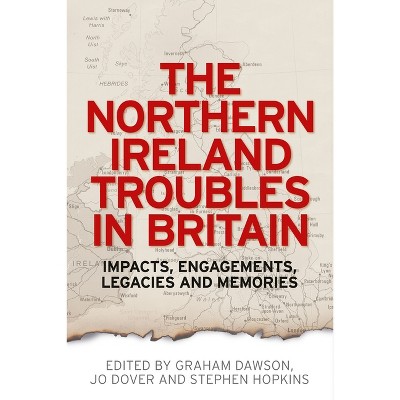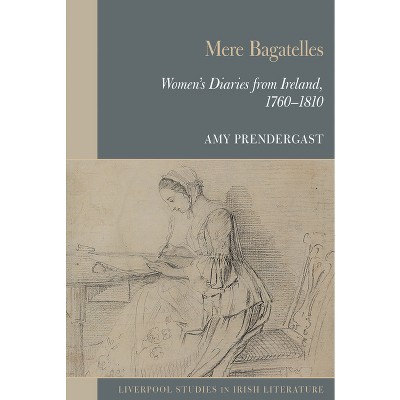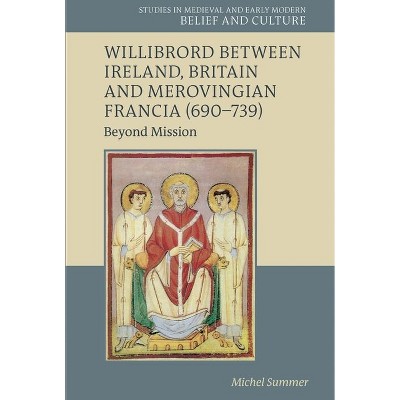Sponsored

Writing Resistance in Northern Ireland - by Aimée Walsh (Hardcover)
In Stock
Sponsored
About this item
Highlights
- Writing Resistance in Northern Ireland is an examination of feminist republicanism(s) in the north of Ireland between 1975 and 1986.
- Author(s): Aimée Walsh
- 232 Pages
- Biography + Autobiography, Personal Memoirs
Description
Book Synopsis
Writing Resistance in Northern Ireland is an examination of feminist republicanism(s) in the north of Ireland between 1975 and 1986. Republican prison protest was rife during this period, and fractures opened up between the feminist and republican movements. Despite their shared objective of self-determination, the two movements did not achieve a natural or total congruence. While it has been argued that there is a disjuncture between feminism and nationalism, this book argues for a new perspective on feminist republicanism(s) in the north and tells the story of a niche collective of republican feminists who came to the fore during the Troubles and sought bodily, political and economic autonomy. The book examines source material including historical narratives, jail-writings, journalism, documentary film and literary texts, and paints a vivid picture of a movement of republican feminist women's writing concerned with political crisis, gender and the nation. Aimée Walsh uses the plural 'republicanism(s)' as a way of encapsulating the varied iterations of nationalist feminism, from militant republicanism in Armagh Gaol to a non-violent literary nationalist feminism. This examination of the interaction between nationalism and gender shows how the study of women's writing can offer a paradigm shift in the history of the Troubles as seen through a feminist lens.
Review Quotes
'This is a ground-breaking piece of scholarship, meticulously researched and highly original in its pairing together and examination of political and historical accounts, fictional narratives, textual and audio-visual documentaries, and poetry. It is full of fascinating analyses of republicanism and feminism, and how they interact in the context of the Troubles between 1975 and 1986. A must-read for all scholars and students of this period!' Fiona McCann, Professor of Postcolonial Literature, Université de Lille
Shipping details
Return details
Trending Non-Fiction





